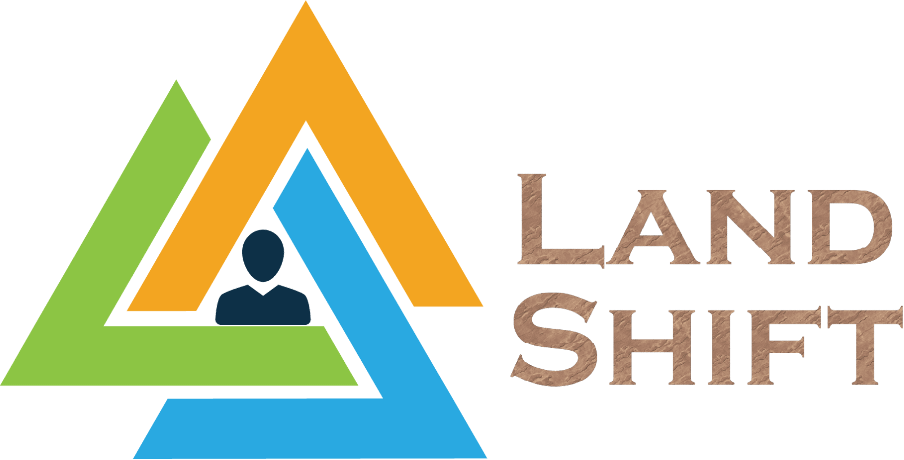LandShift: Transforming Land Use for Climate-Resilient Rural Communities
Navigating Land Use Trade-Offs: Empowering Five European Rural Communities to Deploy Nature-Based Solutions for a Sustainable Future
LandShift is driving innovative solutions and nature-based strategies, aligned with the New European Bauhaus (NEB) vision, to tackle climate challenges in land use. Across five rural pilot areas, the project fosters collaboration and coordinates land-use decision-making at regional, national, and EU levels. Metabolic Institute is developing a Nature-Based Solutions (NBS) Library, analyzing local land-use trade-offs, and co-creating strategies with local communities, accelerating the transition to sustainable land management systems.
- Funder: European Union’s HORIZON research
- Grant Agreement: N° 101182007
- Coordinator: Eratosthenes Centre of Excellence ECoE CY
- Partners: Aristotle University of Thessaloniki, Boiarska Forest Research Station, European Association of Remote Sensing Companies, European Landowners’ Organization, European Rural Development Network, GISAIA, interBalkan Environment Center, Kyiv Region, Land Management Institute of the National Academy of Agrarian Sciences, Mazowieckie Region, National Observatory of Athens, OPenIG (representing Region of Occitanie), Partner New Agriculture New Generation, Partner Region of Eastern Macedonia and Thrace, Partner Università Degli Studi Di Roma Tor Vergata, Partner White Research SRL, Politecnico di Milano, Region of Basilicata, Stichting Metabolic Institute, TERRANIS SAS, University of Basilicata, Warsaw University of Life Sciences.
- Associate Partners: Forschungsinstitut für biologischen Landbau, University of Geneva, University of St. Gallen.
- Date: 2024-2027

Overcoming Challenges in Sustainable Land Use by 2030
Europe faces a critical challenge in reducing its land-use, land-use change, and forestry (LULUCF) emissions to meet the 2030 climate targets.
LandShift addresses the EU’s goal of removing 310 million tons of CO2 by 2030 through land-based actions. It focuses on three key challenges:
- The decline in carbon removal from LULUCF activities, which slows climate progress;
- The missed opportunities to leverage land use for solutions that increase carbon storage and strengthen ecosystems;
- The gaps in effective accounting, monitoring, and reporting that hinder progress.
Supporting the deployment of Nature-Based Solutions for Sustainable Rural Land Management
The LandShift project takes a comprehensive and collaborative approach to address the challenges of land management in a changing climate. The project aims to create climate-resilient land-use practices that balance environmental sustainability with socio-economic needs by combining advanced remote sensing and AI tools with community engagement and strategic policy development.
Key to the project, Metabolic Institute is leading the development of an open-source library of proven Nature-Based Solutions (NBS) to improve land use management in rural areas. We will assess the trade-offs of these solutions across the five LandShift pilot regions: France, Greece, Italy, Poland, and Ukraine. Throughout the project, we will work closely with rural communities to co-create the strategies and roadmaps that adapt and implement these solutions, supporting the transition to sustainable land-use systems in these pilot regions.
Advancing Climate-Resilient Land Management across Europe
The project’s vision is to become a leading model for climate-resilient land-use management, setting a standard for balancing ecological integrity with human development needs. LandShift will work to establish a network of ‘Lighthouses for Climate-Resilient Land-Use Management’ to demonstrate how in the future land can be used efficiently, ecosystems restored and preserved, and thriving communities are made resilient to climate change.
By leveraging advanced data tools, fostering community engagement, and aligning with the NEB principles, the project will equip local stakeholders with practical tools to support sustainable land-use transitions, ensuring informed decision-making that balances climate, biodiversity, and food production goals.
LandShift website is coming soon! Stay tuned.





